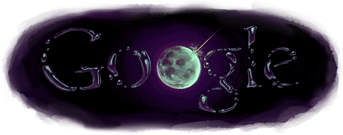 The Chromium projects include Chromium and Chromium OS, the open-source projects behind the Google Chrome browser and Google Chrome OS, respectively. The site, http://www.chromium.org/, houses the documentation and code related to the Chromium projects and is intended for developers interested in learning about and contributing to the open-source projects.
The Chromium projects include Chromium and Chromium OS, the open-source projects behind the Google Chrome browser and Google Chrome OS, respectively. The site, http://www.chromium.org/, houses the documentation and code related to the Chromium projects and is intended for developers interested in learning about and contributing to the open-source projects.Chromium
Chromium is an open-source browser project that aims to build a safer, faster, and more stable way for all users to experience the web. This site contains design documents, architecture overviews, testing information, and more to help you learn to build and work with the Chromium source code.
Chromium OS
Chromium OS is an open-source project that aims to provide a fast, simple, and more secure computing experience for people who spend most of their time on the web. Learn more about the project goals, obtain the latest build, and learn how you can get involved, submit code, and file bugs.



 Google announced that the Android SDK now supports Android 2.0 (also known as Eclair).
Google announced that the Android SDK now supports Android 2.0 (also known as Eclair).